Landlord or Tenant: Who’s Responsible for HVAC Service and Maintenance Needs?
Tenants want to live in a home that’s attractive and comfortable. That’s cool in the summer and warm in the winter. But who exactly is responsible for HVAC service and maintenance? Is it you (the landlord) or your tenant? Well, this is what today’s post aims to answer.
Are landlords compelled by the landlord-tenant law to provide air conditioning?
Generally, landlords aren’t required to provide it as per the landlord-tenant laws, says Innovative Property Solutions. That’s because most jurisdictions consider air conditioning an amenity as opposed to a requirement under the Implied Warranty of Habitability laws. While each state has its own laws and specific languages, landlords are generally required to provide rentals that are fit to be occupied.
What is expected of landlords under the Implied Warranty of Habitability?
The Implied Warranty of Habitability doesn’t have a national standard. However, for a rental home to be habitable, the common expectations is that it should have:
- Working smoke and carbon monoxide detectors
- Safe emergency exits (points of egress)
- Adequate ventilation
- Extermination of pest infestations
- A place to sanitarily dispose of garbage
- Freedom from health hazards, including mold, lead, and asbestos
- Doors that lock
- Waterproof roofs and walls
- Operational sinks, toilets, tub/shower as well as hot water
- Working gas, heating, electric, and plumbing systems
In other words, it is an unstated guarantee that a rental property meets the basic living and safety standards. And, the right is implied in the lease agreement even if the lease itself doesn’t actually say so.
What are some of the common HVAC maintenance issues?
Regardless of where the heat in a rental comes from – a radiant heat system, a heat pump, a forced-air furnace – there are usually two main maintenance concerns. That is, the heating unit itself, and the other is the control network. The HVAC system – a refrigerant system in essence – also has a control network. And just like the name implies, the control system is what controls the entire heating system.
Filters
A furnace filter is designed to work by filtering the air that circulates throughout your home. The filter helps get rid of airborne particles, such as debris and dust before the air is conditioned by the heating and cooling system. The air filter is typically located in the return air duct or blower compartment before the return air reaches the air handler. As you can expect, the filters will need replacement after a while due to the dust and dirt buildup. In fact, you would be amazed by how much dirt, and debris would build up there in a very short period of time. That’s why regular replacement of the air filter is so crucial. Because, if you don’t, dust, dirt and all other airborne debris will get into the HVAC system itself, causing the parts to wear rapidly.
The Thermostat
Refrigerant coils, heating elements, burners, and blowers can all malfunction. And when they do, you will typically need to replace or repair them. However, many HVAC systems issues result from the thermostat, which anyone – including your tenant – can easily maintain.
The following are some of the things that can cause a thermostat to fail.
- Location: A poor thermostat location could be responsible for the constant failure of your central air system. It could be in the path of a draft, behind a book-stand, or in the sun. What’s worse, changing the thermostat’s location, as well as replacing worn wires, is typically a major job.
- Dust: The leads in a thermostat can get dusty. Thankfully, cleaning the dirt off a thermostat is simple. You will just need a can of compressed air and a soft brush.
- Batteries: Some batteries can last as long as 5 years, while others might not even make it to three months. Low batteries can lead to excessive heating and cooling of your home or no heating or cooling at all. Batteries are, however, easy to replace, and your tenants can do that themselves.
- Programming: Correct programming of the thermostat is important for the efficiency of the HVAC system. You should provide your tenants with a copy of the manual so that they can check the settings themselves in case of an issue.
Handling HVAC Maintenance and Repair
If the air conditioning system breaks from reasons over which the tenant has no control, like natural forces or normal wear and tear, then you as the landlord bears the responsibility of repairing or replacing it. The tenant, on the other hand, is responsible for damage caused as a result of negligent behavior. In such a case, you’d need to choose whether to deduct the costs of repair from their deposit or for the tenant to pay for the repairs directly. There you have it. Everything you need to know about who’s responsible – between you and your tenant – when it comes to HVAC maintenance needs.
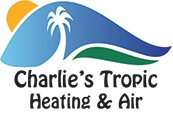
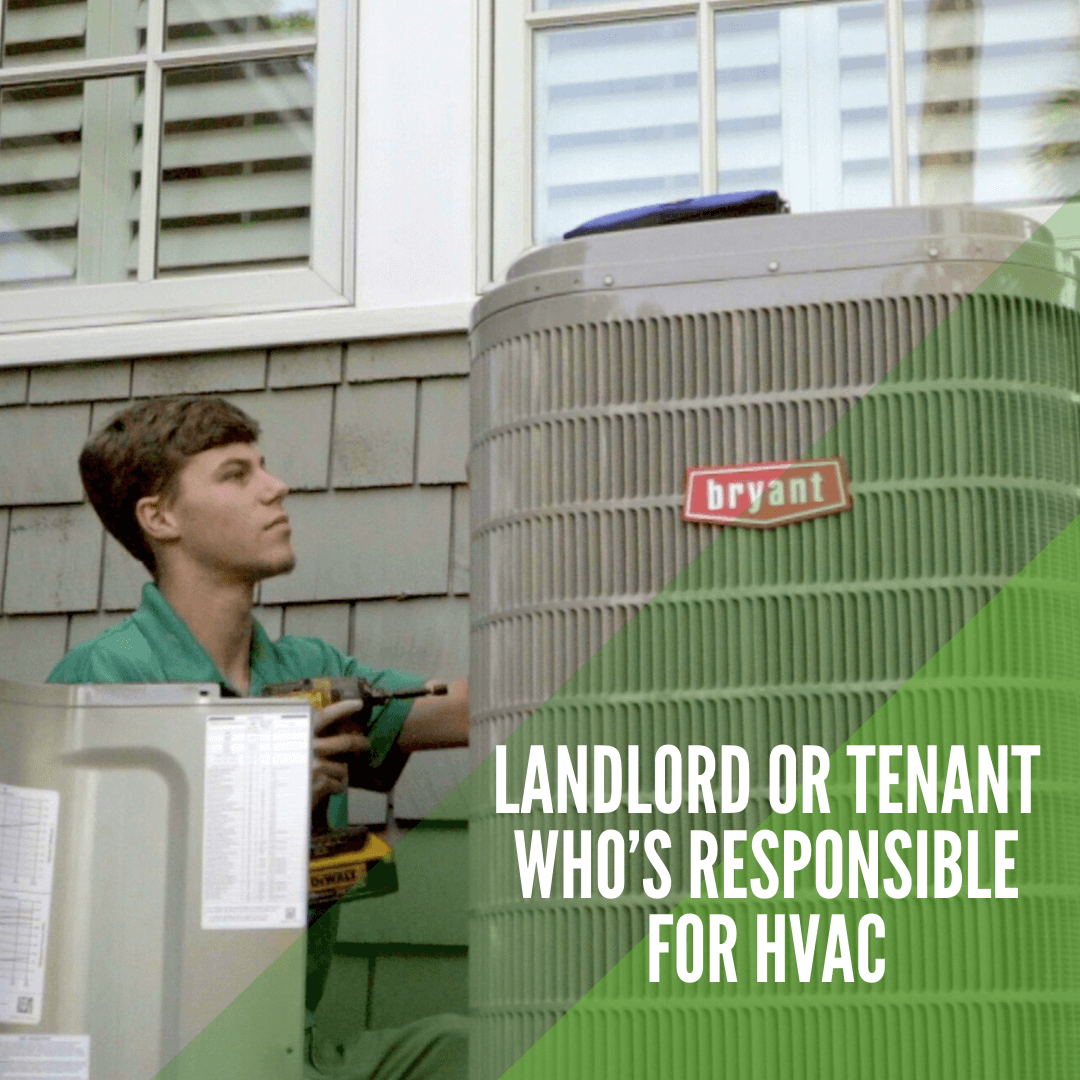
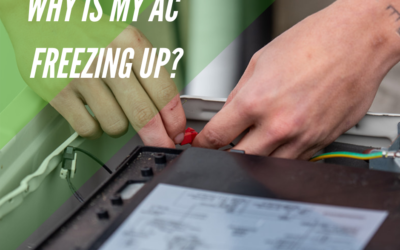
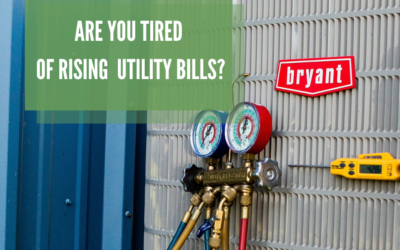
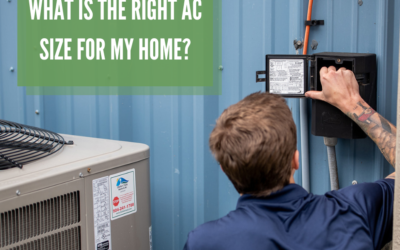
I really like it when folks come together and share thoughts.
Great website, keep it up!